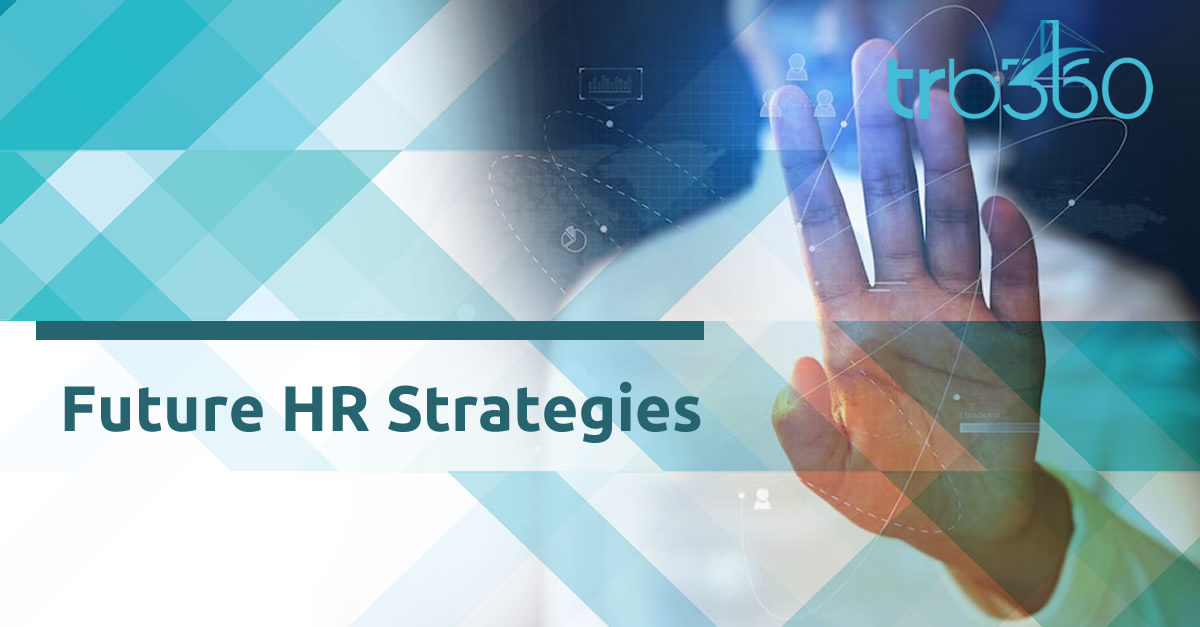Today’s business world operates in a constantly changing and evolving environment. These changes require employers and HR professionals to manage their tasks more effectively. This is where the concept of “Digital Transformation in Human Resources” comes into play. In this article, we want to explain what digital transformation means in the HR field and how this change adds value for employers and employees alike.
Human Resources involves managing employees, the most valuable assets of organizations. Traditionally, these processes were more manual and paper-based. However, digital transformation is radically altering these processes. Digital transformation provides HR professionals with more data, automation, and analytical power. This means better recruitment processes, more effective performance management, and improved employee experiences.
How Does Digital Transformation Impact HR?
- Recruitment and Interviews: Digital transformation accelerates and improves recruitment processes. Data analytics can be used to evaluate candidates more effectively.
- Training and Development: Digital learning platforms offer continuous learning and development opportunities for employees.
- Performance Management: Digital tools make it easier to manage employee performance more consistently and data-driven. Since evaluations are data-based, they ensure transparency, increasing objectivity and reducing personal biases. This leads to fairer evaluations and strengthens trust between employees and employers.
- Data Analytics: Big data analytics provides HR professionals with deeper insights into employees and supports strategic decision-making.
What Should Be Considered During Digital Transformation?
- Leadership and Cultural Change:: The success of digital transformation depends on leaders supporting this change and creating a culture that adapts to the transformation.
- Training and Talent Development: HR professionals must develop digital skills and specialize in managing the organization’s digital transformation. Tracking the relevant training programs and ensuring employees benefit from these trainings will increase the success of the desired transformation.
- Data Security: Digital transformation is also important in terms of data security. Organizations must take appropriate security measures to protect sensitive data.
In conclusion, digital transformation in Human Resources has become a force shaping the future of business. Employers and HR professionals must closely follow this transformation. To fully leverage the advantages of digital transformation, they must focus on leadership, talent development, and data security. While Human Resources continues to play a central role in the success of organizations, digital transformation makes this role more strategic and data-driven. By understanding this change, employers and HR professionals can create the future HR strategies. However, it is important to note that there are certain aspects to be mindful of when implementing digital performance management. Specifically, the process must remain human-centered and fair. While digital tools can support the process, the human element remains vital. Therefore, communication with employees must be maintained, and face-to-face interactions, when necessary, should not be overlooked.


